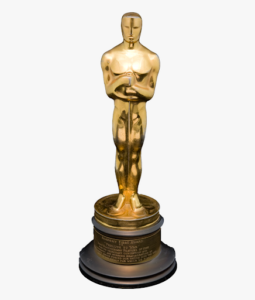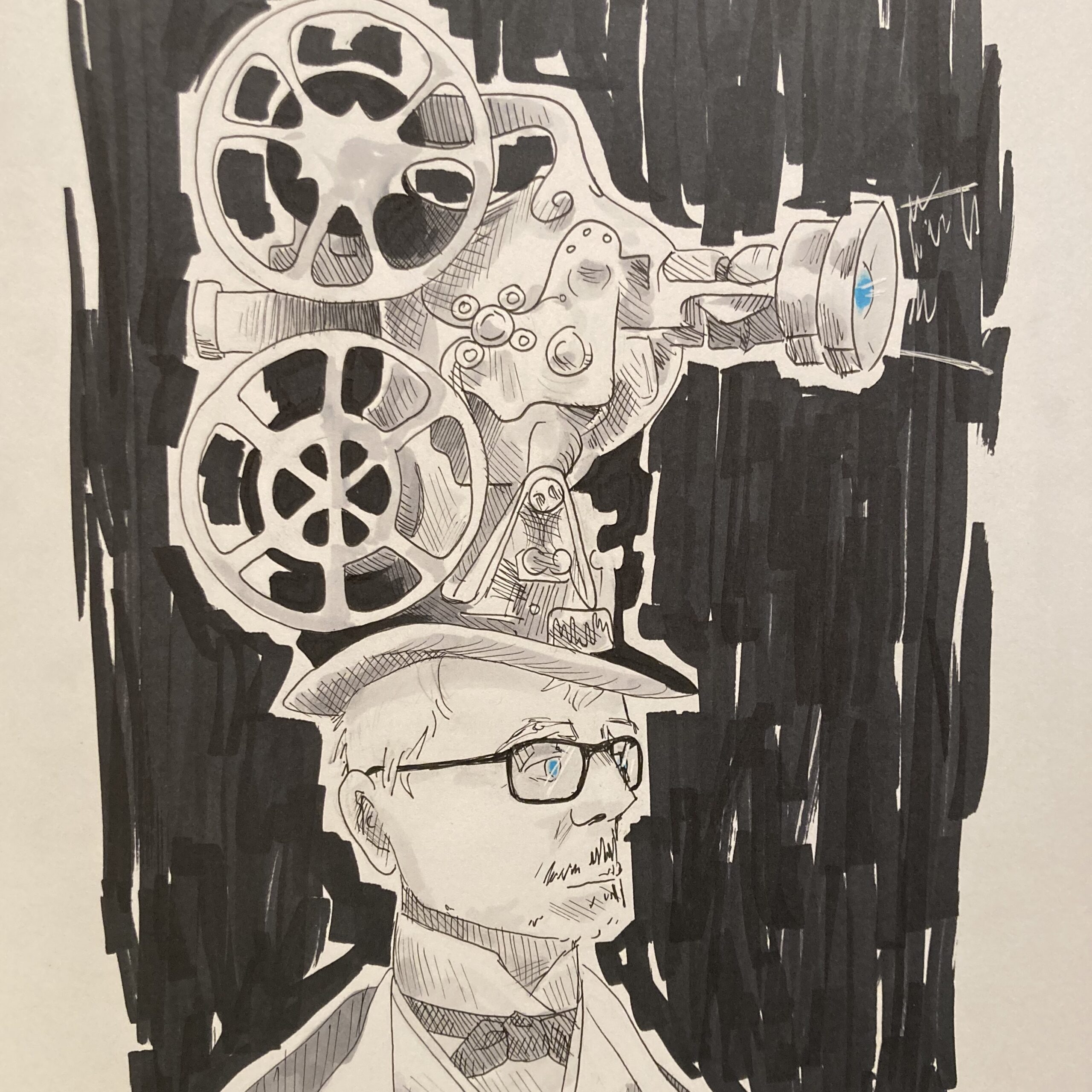“And what do you do in the Grand Hotel? Eat. Sleep. Loaf around. Flirt a little, dance a little. A hundred doors leading to one hall. No one knows anything about the person next to them. And when you leave, someone occupies your room, lies in your bed.”
“People come. People go. Nothing ever happens,” says Otternschlag (Lewis Stone), a disfigured doctor and permanent resident of the eponymous Grand Hotel. What happens between the first and last time we hear him say these words, however, sets the template for the “All-Star Cast” movie forever after.
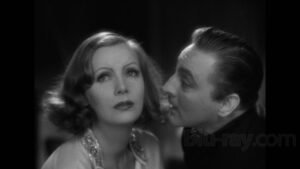
Grusinskaya (Greta Garbo) is an unhappy ballerina touring Europe and looking for love during the ebb of her career. Baron Felix von Geigern (John Barrymore) is a titled, upper class man with debts who steals while being a friend to all. Preysing (Wallace Beery) is a businessman trying to secure a merger to save his company. Flaemmchen (Joan Crawford) is the pretty stenographer Preysing hires to assist him. Kringelein (Lionel Barrymore) is one of Preysing’s employees living through the last days of a terminal illness. Otternschlag is the quiet observer, and Senf (Jean Hersholt) is the concierge waiting for his wife to give birth. A day in the hotel passes, various guests leave and arrive, meals are served, lessons are learned, people fall in love and lives are changed.
By film’s end, Grusinskaya leaves the hotel, believing the Baron will accompany her through Europe since the two have fallen in love. Unknown to her, Preysing has killed the Baron because the Baron stole Preysing’s pocketbook, which Flaemmchen discovers alongside Kringelein, resulting in Preysing’s arrest, whereupon Flaemmchen and Kringelein leave the hotel to spend Kringelein’s final days traveling. Otternschlag continues on as he always has, and we learn that Senf’s wife gave birth to a healthy baby.
There’s nothing wrong with Grand Hotel. The cast is top notch, save for the dated style of Garbo and Barrymore’s performances, the production design is magnificent, the script is filled with enjoyable dialogue, and narrative complications resolved by film’s end is a study in organization that’s been well-mined through decades of TV sitcoms.
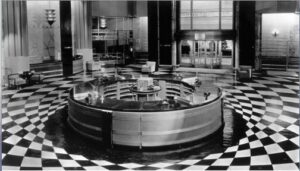
While I enjoy Grand Hotel, partly because it’s representative of MGM’s studio style at the apex of that Old Hollywood company’s creative strength, my overall impression is that the film is slight and forgettable. There is nothing of particular substance to sink your teeth into, were it not for the stable of Hollywood movie stars we see on-screen. In short, every element of the movie is polished and impressive, but the movie itself means little.
I think the problem stems from Vicki Baum’s source novel, Menshem in Hotel (1929), as adapted by William A. Drake, first as a stage play called “Grand Hotel” in 1930, and then in the eventual screenplay he wrote for Louis B. Mayer’s right hand at MGM, Irving Thalberg. The kernel of Baum’s work is the interregnum between World Wars, in which the savagery of the Great War (1914-1918) lingers in the background, mostly, where trauma and pain vie with pleasure-seeking and fantasies of luxurious escape into the disappeared world of a wealthy, leisured Germans and sundry hangers-on.
Each of the movie’s characters serve as the scaffold for story arcs that escalate conflicts with everyone else; they aren’t naturalistic people but signposts on the way to easy archetypes, like “disfigured veteran” or “grifter.” None of the resulting tensions or conflicts really matter when rollicking through a high-end hotel, which is little more than an excuse for perfectly dressed sets and enjoying some of the biggest stars of 1932.
To remake Grand Hotel today, as it has been remade several times over the years, likely depends on anointing the present generation of White performers; or the effort might involve updating the “closed box” narrative structure to include often underseen performers representing a number of identity categories, whether in terms of race, ethnicity, sexuality, gender, or nation. A recognizably “important” director, probably in advanced middle age, would steer the edifice, and it would be budgeted at well over a $100 million to encourage a sumptuous look, feel, and texture. Needless to say, this update would center on a group of good looking and talented people, each speaking well and enjoying the most fantastic hotel ever imagined.
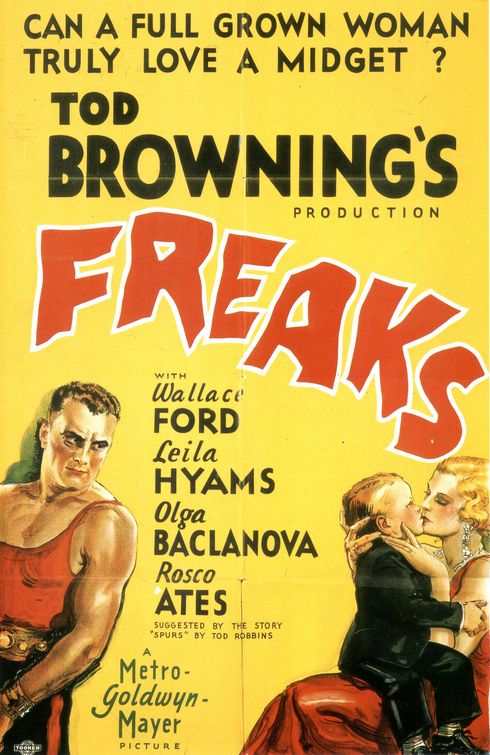
In retrospect, two films from 1932 seem far more influential and important. The first is Howard Hawks’s Scarface from United Artists; the second is Tod Browning’s Freaks from MGM. Though each of these titles is easily minimized for being a genre film, each is an outstanding entertainment and uniquely remembered despite the American film establishment’s focus on Grand Hotel as movie of the year.
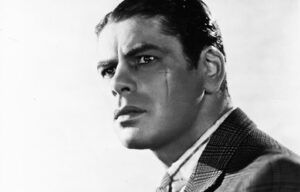
Don’t get me wrong. I like Garbo, Crawford, and Barrymore, and I was impressed with Beery’s overwhelming presence. But I’d much rather see Paul Muni’s tortured gangster or any of the highly disturbing freaks peopling Browning’s carnival. These characters were not created for an upscale audience; their representation of mid-Great Depression life with its concerns about day-to-day survival, man’s inhumanity to man, and the trouble of promoting individuality in the face of massive socializing institutions seem far more urgent than any prestige title from the MGM dream factory.
–December 31, 2017
